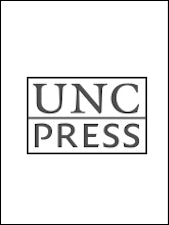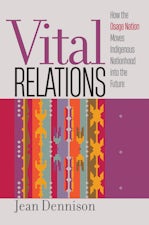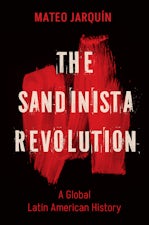The Vanquished
A Novel
By César Andreu Iglesias
Translated by Sidney W. Mintz; Afterword by Arcadio Díaz-Quiñones
232 pp., 6.125 x 9.25
-
Paperback ISBN: 978-0-8078-5412-9
Published: September 2002 -
E-book EPUB ISBN: 978-1-4696-5025-8
Published: August 2018 -
E-book PDF ISBN: 979-8-8908-7139-8
Published: August 2018
Latin America in Translation
Buy this Book
- Paperback $42.50
- E-Book $29.99
This tautly written story uncovers the personal histories of three middle-aged revolutionaries as they plan to kill a U.S. general. Andreu's cool treatment of their political objectives does not obscure his compassionate recognition of their human limitations. Andreu makes clear his view that the Nationalist answer to Puerto Rico's problems had become an anachronism and that by the 1950s the union movement was better prepared to deal with the changes that industrial capitalism was thrusting upon the Puerto Rican people and their way of life. The afterword by Arcadio Díaz-Quiñones provides a rich historical and literary context for The Vanquished.
About the Author
César Andreu Iglesias (1915-1976), a prominent intellectual and journalist known for his sophisticated writings on colonial politics and the Puerto Rican labor movement, was editor of The Memoirs of Bernardo Vega. The Vanquished is the first of his works to be translated into English.
For more information about César Andreu Iglesias, visit
the
Author
Page.
Reviews
"Thanks to Sidney Mintz's impressively accurate and beautiful translation and his insightful and sensitive notes, Andreu has found other beginnings. . . . One could not think of a better translator. . . . This volume is cause for celebration."--Arcadio Díaz-Quiñones, from the Afterword
"The Vanquished reflects César Andreu Iglesias's understanding of the contradictions of Puerto Rican nationalism in the 1950s. The author, a highly respected independentista critic of the Nationalist Party, spent much of his journalistic career trying to align the struggle for Puerto Rican independence with Labor and other social movements. Faithful to the historical setting, in which traditional colonial life was giving way to industrial capitalism, this compelling novel will be read gainfully by students of the Caribbean, Latin America, and twentieth-century anti-colonialist struggles in a variety of settings."--Francisco A. Scarano, University of Wisconsin-Madison




